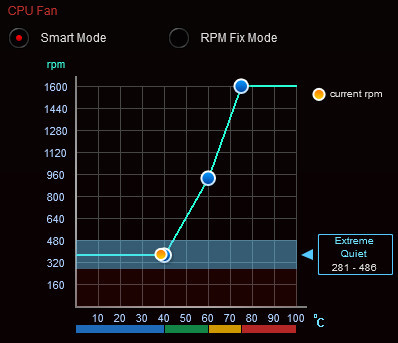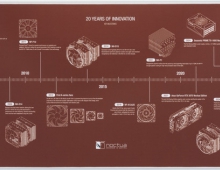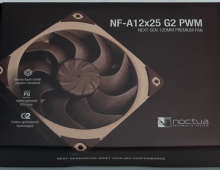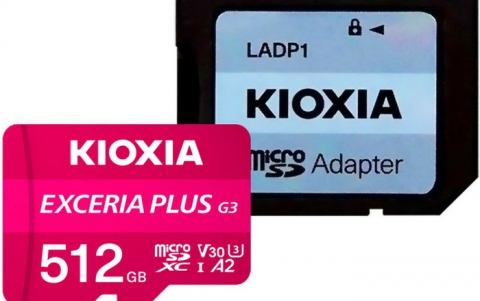Noctua NH-D9L and NH-U9S
5. Performance
Review Pages
In order to test the CPU cooler we used the following configuration:
- CPU: AMD Ryzen 5 5600X
- Thermal compound: Noctua NT-H1 (included at the retail box)
- Case: bequiet! Silent Base 802
- Case fans: 2x140 bequiet! Silent Wings 3 High-Speed RPM speed controllable via SmartFan BIOS + Asus Xpert4 software
- CPU Fan: Stock 92mm Noctua fan
- Motherboard: Asus X570 E-Gaming with 4403 BIOS
- Memory: 2x16GB G.skill Trident Z RGB CL14 @ 3200MHz CL14 (XMP Profile) @ 1.35V
- PSU: be quiet! Straight Power 11 650Watt
- HDD: Crucial MX500 SSD
- VGA: Asus 1060 6GB Dual
- Ambient room temperature ~ 25 Celsius (with AC climate control) - Environment Temperature measurements: Precision Gold N09AQ Envirometer Meter
- Sound measurements at 1m distance: miniDSP UMIK-1 microphone with calibration file and latest REW software
- Operating system: Windows 10 x64 with all the latest updates installed
- Software: AIDA64 / HWInfo / OCCT Enterprise Edition (Latest builds)
Before each run, we left the CPU cooler cooled down and we reset the OCCT Enterprise Edition values to be accurate.
We set the CPU fan speeds at "Smart Mode" with the Asus Xpert4 software. The case fans were also set at SmartFan mode with the option for Auto Fan Stop at low loads down to 0% for the two front fans and auto for the back case fan.


The CPU fans were detected from the Asus motherboard and gave us the following fan curve


Bios settings:
- Ai Overclock Tuner: D.O.C.P -> XMP DDR-3200 CL14
- BCLK Frequency: 100MHz
- FCLK Frequency: 1600MHz
- CPU core ratio: Auto
- TPU: Keep Current Setting
- Performance Bias: Auto
- VDDCR CPU Voltage: 1.100V
- VDDCD SOC Voltage: 0.900V
- DRAM Voltage: 1.350V (XMP)
- Precision Boost Overdrive: Auto
- Rest BIOS options: Auto
For further evaluation, we also used OCCT Enterprise Edition with a 30min run and we noted all temperatures as were noted from the software. For maximum temperature we used the following settings:
- Data Set: Small
- Mode: Extreme
- Load Type: Steady
Under normal loads, both Noctua NH-D9L and NH-U9S had much better performance than what the AMD stock CPU fan can handle. We added a second fan 92mm fan to both NH-D9L and NH-U9S and we noticed that the NH-D9L, probably due to volume mass didn't get any major performance improvement. However the NH-U9S did get a great boost in cooling performance which troubled us that measurements were false, however, even with repeated tests it showed similar performance dropping from 67.93 Celsius to 63.59 Celsius (average measured). For sure the NH-U9S is a good performer and the much smaller NH-D9L is far behind due to the mass/volume of the overall cooler.

Placing the miniDSP UMIK-1 microphone around 1m from the closed case, we were pleased to get very low overall case+cpu cooler noise. Both products had a very good performance, due to the 92mm rotating fan and the excellent Noctua 92mm fan curve. Adding a second NF-A9 fan won't increase at all noise levels, good work from Noctua.

We did try to overclock the system with our usual overclocking procedure, however, both fans reported errors so its best not to use such small CPU coolers for overclocking, at least with the AMD Ryzen 9 5600X processor.
Review Pages





















